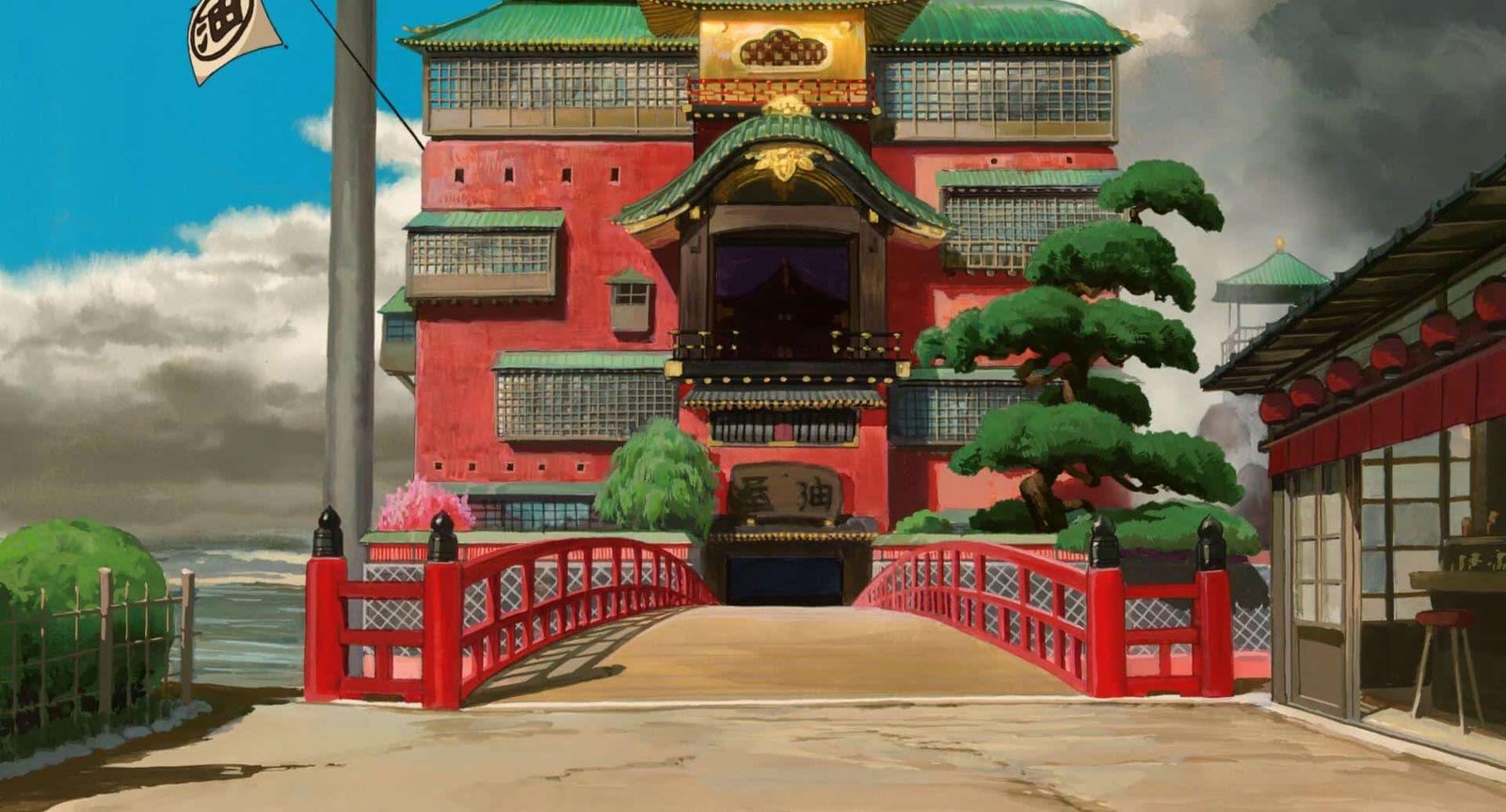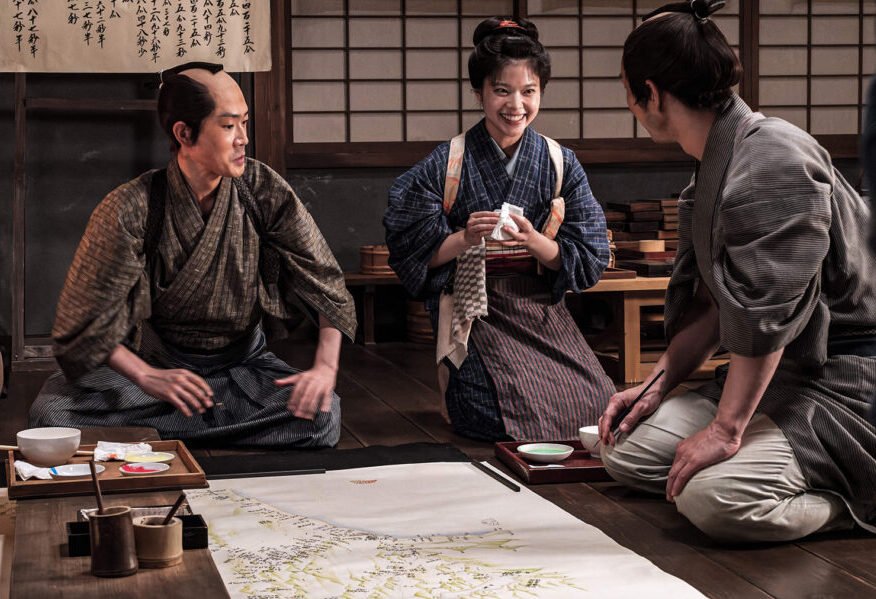In recent years, Japanese directors have been making waves in the global film festival circuit, gaining international acclaim for their unique storytelling, visual artistry, and deep exploration of human themes. From seasoned filmmakers like Hirokazu Kore-eda and Takeshi Kitano to newer voices like Ryusuke Hamaguchi, these directors have consistently pushed boundaries, bringing the nuanced world of Japanese cinema to international audiences and reshaping the landscape of global film festivals. Here’s a look at how they are changing the global film festival scene.
1. Cultural Narratives with Universal Appeal
Japanese directors have a talent for creating films that deeply reflect the nuances of Japanese culture while also telling stories that resonate universally. By exploring complex social issues, family dynamics, and human emotions, these films transcend cultural barriers.
Examples:
- Hirokazu Kore-eda’s Shoplifters (2018), which won the Palme d’Or at Cannes, tells the story of a poor family’s survival tactics. Though deeply rooted in Japanese society, the themes of poverty, family bonds, and moral ambiguity found global resonance.
- Naomi Kawase, another frequent name in the film festival circuit, creates films like Still the Water (2014) and Radiance (2017) that explore personal loss, nature, and human connection, blending local themes with a universal emotional appeal.
By engaging with issues that are both culturally specific and globally relatable, these directors have captured the hearts of international festival-goers and critics alike.

2. Innovative Storytelling Techniques
Japanese filmmakers often experiment with narrative structure and visual storytelling, offering something fresh and different from mainstream Western cinema. Their ability to blend tradition with modernity sets them apart.
Notable Innovations:
- Ryusuke Hamaguchi, director of Drive My Car (2021), which won Best Screenplay at Cannes, used a multi-layered, slow-burn narrative style to explore grief, communication, and relationships. His approach has been praised for its depth and patience, qualities that stand in contrast to the fast-paced editing typical in Hollywood films.
- Takeshi Kitano has brought a unique blend of violence and humor, most notably in films like Hana-bi (1997) and Outrage (2010), that challenge traditional genres and captivate global festival audiences.
This willingness to defy narrative norms has helped Japanese directors stand out on the world stage, pushing the boundaries of cinema at festivals like Cannes, Berlin, and Venice.
3. Bringing Japanese Animation to the Forefront
Japanese directors are not only revolutionizing live-action cinema but also elevating the status of animation at global film festivals. While animation has traditionally been viewed as a genre for children, Japanese filmmakers have expanded its horizons to tell mature, thought-provoking stories.
Key Players:
- Hayao Miyazaki and Studio Ghibli films such as Spirited Away (2001) and The Wind Rises (2013) have garnered international acclaim, with Spirited Away even winning an Academy Award for Best Animated Feature. These films have been showcased at festivals worldwide, breaking the mold of what animated cinema can achieve.
- Mamoru Hosoda’s Belle (2021) brought futuristic and emotional storytelling to the Cannes Film Festival, showing how anime films can blend virtual reality with deep personal narratives, further legitimizing anime on the global festival circuit.
Through their powerful and often philosophical storytelling, these directors have positioned Japanese animation as a key player in prestigious film festivals around the world.
4. Pushing Social Boundaries
Japanese cinema has long been a space where filmmakers explore difficult social and political themes, and this has carried over to the international film festival scene. Directors are tackling subjects like gender roles, family structures, aging, and existential questions in ways that resonate with global audiences.
Social Commentary:
- Kiyoshi Kurosawa’s Tokyo Sonata (2008), which won the Jury Prize in the Un Certain Regard section at Cannes, examined the collapse of traditional family roles in modern Japan. The film’s raw depiction of unemployment, disconnection, and societal pressures was both a reflection of Japan’s changing societal fabric and a universal story of human struggle.
- Naoko Ogigami, known for her gentle approach to storytelling, addresses themes like LGBTQ+ rights in films such as Close-Knit (2017), which tackles gender identity and family acceptance. These films have made an impact at festivals such as Berlinale, bringing more progressive Japanese voices to the forefront of international discussions.
By addressing these themes, Japanese directors are contributing to important social conversations on a global scale through the film festival circuit.
5. Shaping the Future of Global Film Festivals
The influence of Japanese directors extends beyond the films themselves—they are actively shaping the future of film festivals. As the landscape of cinema evolves, these filmmakers are challenging the status quo, making space for more diverse voices, and encouraging a broader representation of Asian cinema.
Future Directions:
- The success of Japanese films at global festivals has inspired other Asian filmmakers to pursue international recognition, making festivals more inclusive of diverse narratives and perspectives.
- Japanese directors, especially those emerging in the indie scene, are introducing new storytelling methods that emphasize subtlety, atmosphere, and complex character studies, influencing the programming of festivals worldwide.
As global film festivals continue to evolve, Japanese directors will likely remain at the forefront, pushing the boundaries of storytelling and further shaping the future of cinema.
Conclusion
Japanese directors are transforming the global film festival circuit by introducing innovative storytelling, elevating animation, addressing complex social issues, and pushing boundaries within the industry. With their fresh perspectives and universal narratives, these filmmakers are ensuring that Japanese cinema remains a vital force in international festivals and continues to inspire audiences and fellow filmmakers across the globe.








